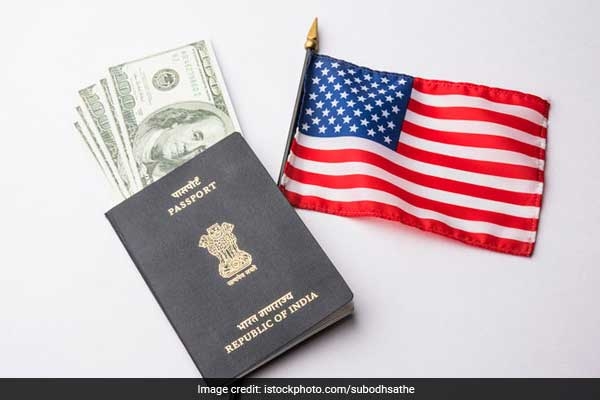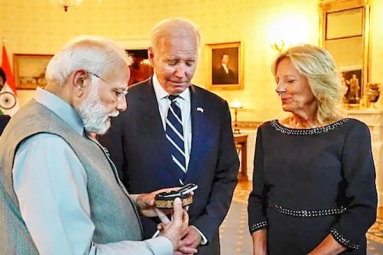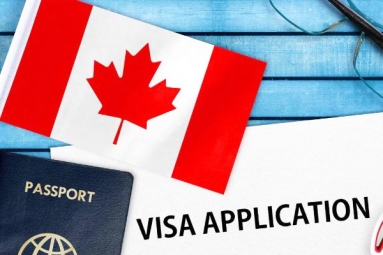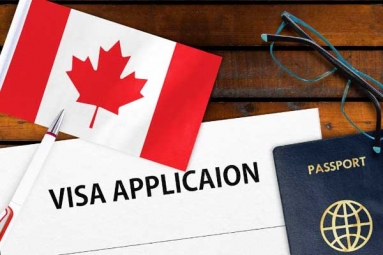
(Image source from: NDTV.com)
As United States had tightened H-1B work visa norms, it is likely to put cot pressure on the Indian Information Technology services firms and due to addition in compliances and growth in onsite hiring, affect their margins, according to a report.
The rating agency Icra in its report said that however, the impact will be company specific and relative to H-1B visa.
"The changes will disqualify certain positions currently eligible for H-1B visas, thereby impeding the movement of low-cost skilled labor from India and will have a direct bearing on margins," said Gaurav Jain, vice-president, corporate sector ratings, Icra.
The U.S. is likewise considering on awarding visas to the most skilled or to highest-paid beneficiaries.
As the average pay is approximately lower by 25 percent compared to companies that are not dependent on H-1B visas as per estimates, Icra feels this decision will function against the Indian IT services sector (H-1B dependent). A firm is characterized as H-1B dependent if more than 15 percent of its U.S. full-time employees are on an H-1B visa.
Jain said granting of H-1B visas based on highest skill or compensation, will leave less headroom for Indian companies to get such visas.
Consequently, the rise in compensation for H-1B visa applicants or accrued onsite hiring will affect establishments margins and will be credit negative, he said.
"However, the impact will be company specific and relative to H-1B visa dependence," he added.
The U.S. government is beside readying to permanently end work authorization (H-4 visa) acknowledged to spouses of H-1B visa holders.
Jain said Indian establishments have started to ramp up onshore hiring.
"Leading firms are also increasing their proportion of offshore work to reduce dependence on such visas, though the magnitude of such shifts is expected to be marginal as only certain services are amenable to higher offshoring (testing, IMS) compared to others," he said.
By Sowmya Sangam






















